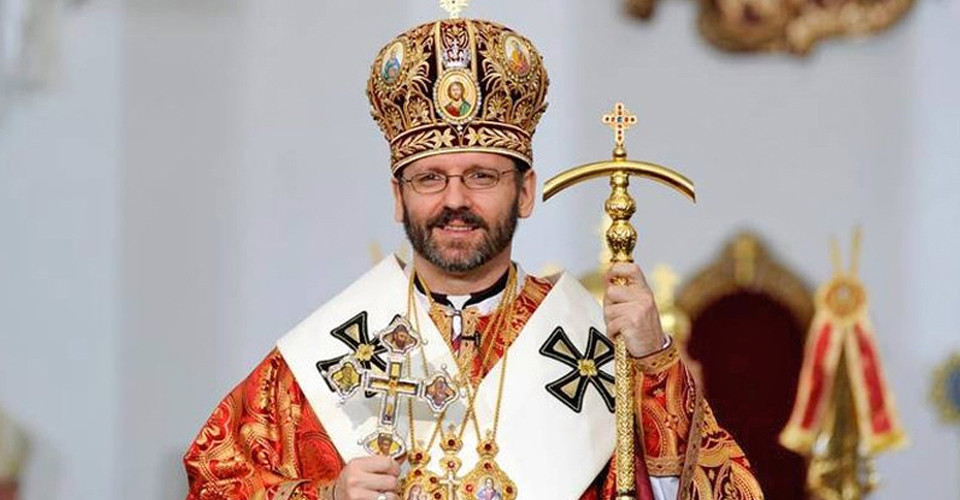
UGCC announced the transition to a new calendar
From September 1, 2023, the Ukrainian Greek Catholic Church will celebrate fixed holidays in a new style
This was announced by the Head of the UGCC His Beatitude Sviatoslav on the live broadcast of ‘Live TV’, announcing the decision of the Synod of Bishops of the UGCC in Ukraine.
‘Taking into account the numerous requests of believers and having held preliminary consultations with the clergy and monasticism of our Church about the urgent need to reform the Liturgical Calendar of the UGCC in Ukraine, as well as taking into account the pastoral radios, the UGCC in Ukraine decided to switch to a new style from September 1 (the beginning of the Indict) 2023 of God’s year to a new style for immovable holidays with the preservation of the current Easter’, says the 5th resolution of the 93rd session of the Synod of Bishops of the UGCC in Ukraine, which took place on February 1-2, 2023 in Lviv (Bryukhovychy).
For those parishes or individual communities that feel they are not yet ready for such a step (with the separate blessing of the diocesan bishop), leave the possibility of liturgical life according to the Julian calendar for the period until 2025.
‘The liturgical calendar has two types of holidays. One of them we celebrate according to the solar calendar. These are the so-called fixed holidays. Holidays that fall on the same calendar date every year. There is another cycle that we celebrate according to the lunar calendar. This is so called Paschalia – holidays. connected with the Easter holiday. Because Easter always falls on a Sunday, and this Sunday always falls on a different date. Our decision is that we switch to a new style only for non-moving holidays, – explained His Beatitude Svyatoslav. ‘For now, we have decided to leave Paschal as it is today. Sometimes our Orthodox brothers call the combination of this type of Gregorian calendar for fixed holidays and the old Paschal as the New Julian calendar. But many of our liturgists say that this is an inaccurate delineation. Therefore, this terminology also has its drawbacks, so we don’t use it directly in our vocabulary. And there is no such term in our decision.’
As for why the date of transition to the new calendar was chosen, the head of the UGCC explained that, according to the Byzantine tradition, the liturgical year begins not on January 1, but on September 1.
At the same time, the bishop added that all believers will have to adjust to a new way, since it is not just about moving the date of Christmas, but about a comprehensive calendar reform. So already this year, Greek Catholics will celebrate the Feast of the Intercession on October 1, Nicholas on December 6, and Christmas on December 25.
- During the meeting of the Synod on February 2, it was decided that in May 2023, the calendar reform will be discussed at the meeting of the Bishops’ Council of the OCU.
- On January 6, the head of the OCU, Epiphany, noted that the Holy Synod of the Orthodox Church of Ukraine plans to allow those parishes that decide to do so completely to switch to the New Julian calendar.
- On February 3, parishes and monasteries of OCU were allowed to use the New Julian calendar.

